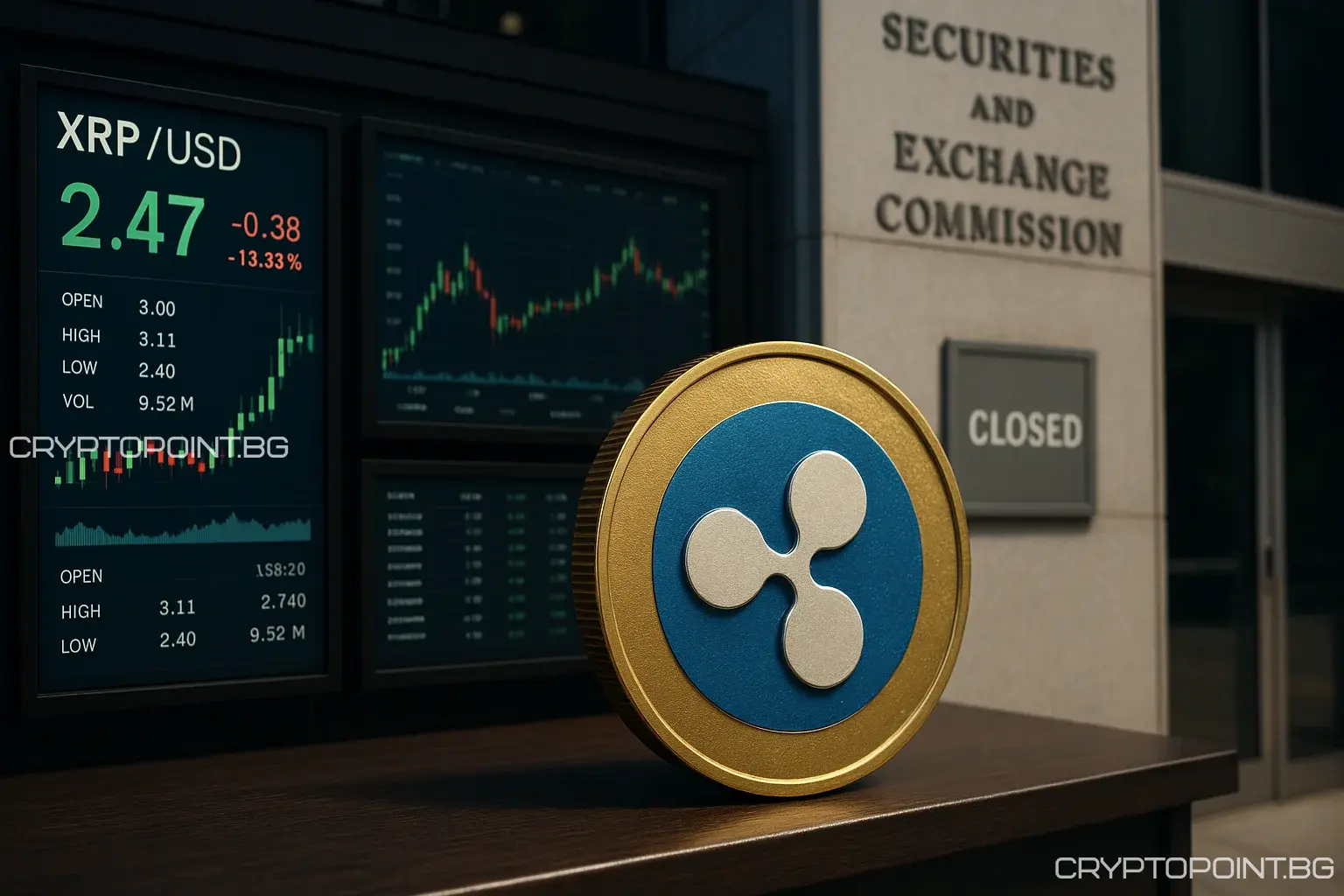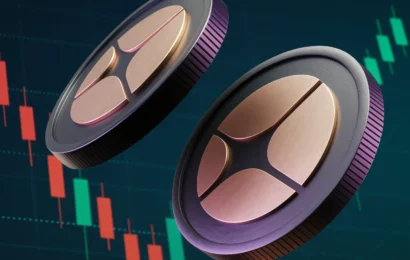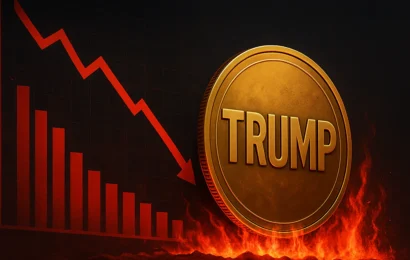
Two recent decisions by the U.S. Securities and Exchange Commission (SEC) are changing how crypto ETFs enter the market, but this doesn’t necessarily mean their launches will happen in October.
SEC Streamlines the ETF Approval Process
The U.S. Securities and Exchange Commission (SEC) has adopted changes designed to accelerate ETF approvals, replacing the slow, case-by-case approach with what are known as General Listing Standards (GLS).
These changes will allow for more efficient listing of crypto ETFs once other regulatory conditions are met. Additionally, the SEC has authorized Dimensional Fund Advisors to add ETF share classes to its mutual funds — with more than 70 companies awaiting similar permission.
However, the process is currently on hold. The ongoing U.S. government shutdown has led to unpaid leave for SEC staff, including those reviewing ETF filings. Until the government reopens, no new ETFs can move forward.
“Ignore the October Deadlines,” Analyst Explains
ETF analyst Ksezalis stated that investors are misinterpreting the importance of the 19b-4 filings with October deadlines.
We’re literally waiting for the government to reopen (hopefully).
he said.
The deadline for the Litecoin 19b-4 was October 2. For Solana, it was October 10. These (and those for XRP, BCH, AVAX, etc.) no longer matter because of the General Listing Standards (GLS).
The 19b-4 process refers to proposals for exchange rule changes — not ETF launch approvals themselves. Even if these filings are approved, each fund must still complete registration under the 1933 and 1934 Acts by filing S-1 and 8-A forms, both of which require SEC review.
Since that review process is temporarily halted, no ETF can be launched. Ksezalis noted that some issuers such as Canary LTC, Bitwise SOL, and Grayscale SOL have removed “delaying amendments” in an attempt to speed things up — but that doesn’t mean launches will happen by Halloween.
What Happens Next?
Once the government resumes operations, exchanges like NYSE Arca, CBOE BZX, and NASDAQ can begin listing these ETFs. Most preparatory work is complete, and many spot crypto products — including Solana (SOL) and Litecoin (LTC) — have already cleared key regulatory stages.
Still, everything depends on timing.
XRP Price Reacts to the News
Uncertainty surrounding the ETF launch timeline hasn’t stopped XRP from showing sharp price movements. After a 41% rally, the token stabilized around $2.40, holding support amid rising trading volume.
Trading volumes have risen 160% above the monthly average as both retail and institutional investors adjust positions. The SEC was expected to review several spot ETF filings for XRP by Grayscale, Bitwise, 21Shares, and WisdomTree between October 18 and 25 — but those dates are now uncertain.
If approvals arrive after the government reopens, analysts believe XRP could target a weekly close above $3.11. Resistance remains between $3 and $3.65, with support around $2.65.
Regulatory Context
Ripple made significant progress earlier this year when a U.S. court ruled that XRP is not a security in secondary market sales. This provided greater legal clarity for XRP within the United States.
However, Ripple’s efforts to secure a national banking license are ongoing, with a decision expected soon.
For now, regulatory developments matter more than price action. Until the SEC resumes work, no XRP ETF can launch — regardless of how advanced the filings are.
Conclusion
While the regulatory framework for crypto ETFs is becoming more favorable, the U.S. government shutdown has paused the rollout of products like the XRP ETF. Experts advise ignoring fixed October dates and instead focusing on regulatory updates and SEC activity.
Frequently Asked Questions
Find answers to the most common questions below.
The U.S. government shutdown halted SEC operations, freezing ETF approval processes.
They are proposals for rule changes by exchanges, not final ETF approvals.
Launches may proceed only after the SEC resumes operations and completes registration reviews.
This article is for general informational purposes only and is not intended to be, and should not be construed as, legal or investment advice. Crypto-assets are highly volatile, so only invest funds that you are willing to lose and use your own research and risk management.




